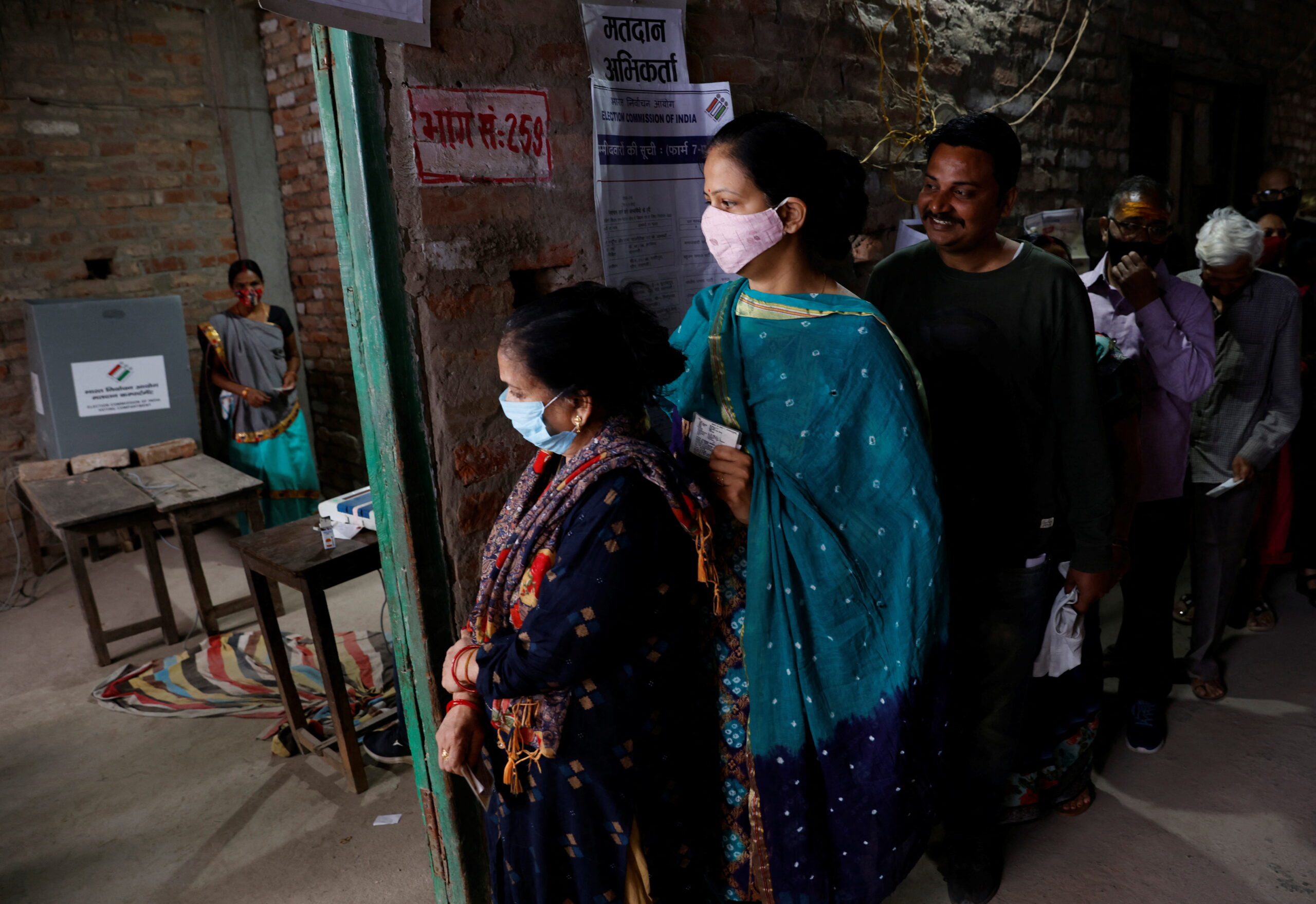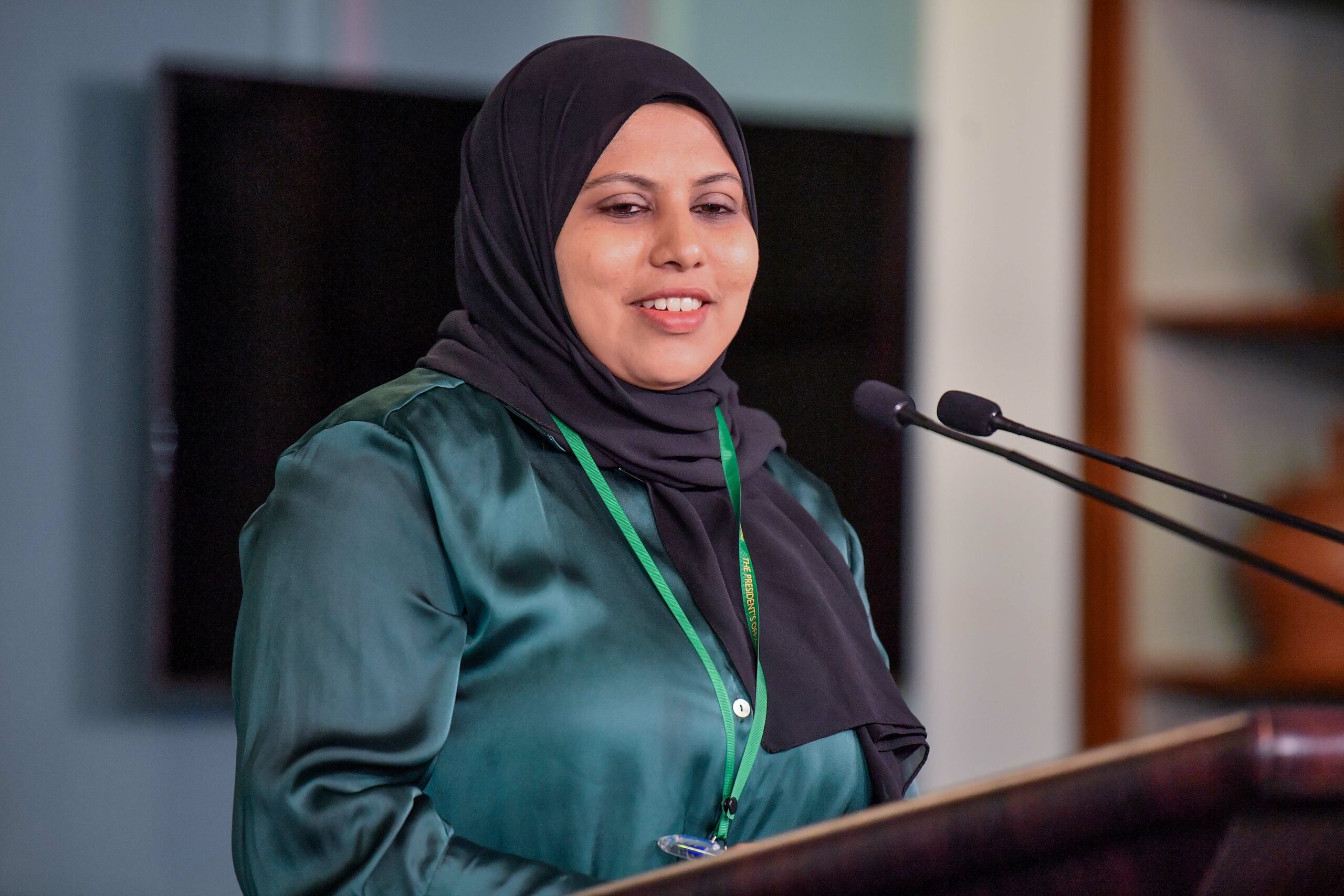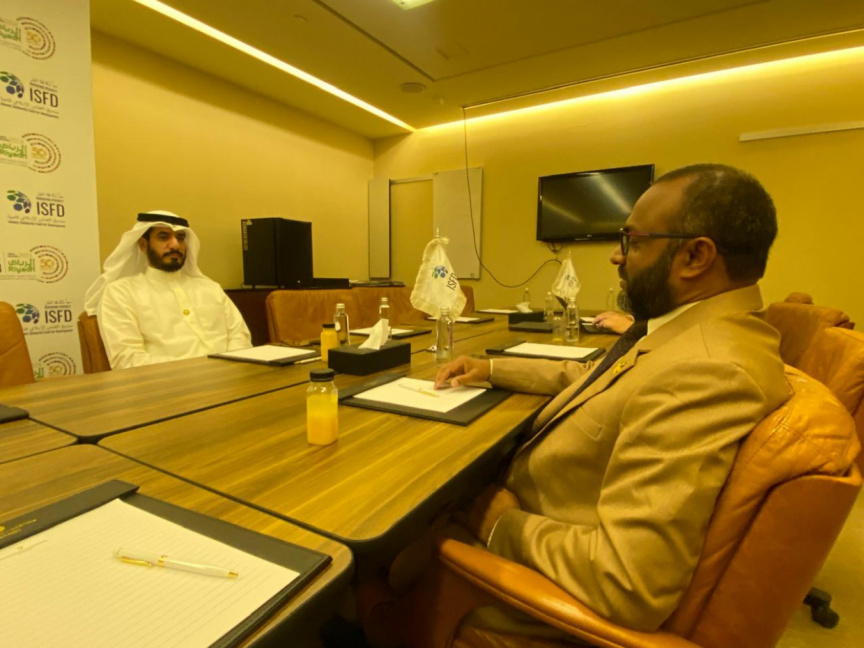Eyebrows were raised when former Lieutenant Governor of Delhi Najeeb Jung emphatically asserted on television last month that India’s ruling Bharatiya Janata Party (BJP) will face defeat in Uttar Pradesh’s provincial election. I can recollect a foreign diplomat asking for my assessment of the evolving political situation, leading up to the polls, during an informal discussion on Ukraine. After all, it is a popular belief in India’s politico-administrative circle that all roads to the throne in Delhi passes through Uttar Pradesh, which sends the largest number of lawmakers to India’s parliament. My response was unambiguous. No doubt, there will be consolidation of votes against the BJP, with anti-Muslim hatred reaching an epidemic proportion in the province.
Uttar Pradesh has been consistently making headlines for violent crimes against Muslims since 2014 – the year Narendra Modi was sworn in as India’s 15th Prime Minister. A fear psychosis has gripped the province’s Muslim community, and not unreasonably too. Under Chief Minister Yogi Adityanath’s watch, the Muslim identity is under vicious yet methodical attack. The State remote controls what Muslims eat and wear and whom they marry, thus enforcing an insidious cultural cleansing that remains beyond human perception. This apart, the Dalits – those lowly placed Hindus in the abominable caste ladder – are also disgruntled, as they are squeezed under the pressure of majoritarian identity politics.
Moreover, the Hathras tragedy is still fresh in the electorate’s mind, as it evoked global condemnation and furore after the Adityanath government forcibly cremated a raped and murdered teenaged girl’s body in the darkness of night without the deceased’s family’s consent. Even the BJP’s loyal Muslim vote bank in the Shia community is aggrieved at the endless State-encouraged Muslim bashing, which in turn is impacting the lives and livelihoods of the minority community adversely. The Muslims and Dalits, seeking respite from the Hindu nationalist high-handedness, were waiting eagerly to usher a change, using their Constitution-gifted democratic rights. Vox Populi uploaded in social media, from the ground, corroborated a groundswell of discontent against the BJP government, which was expected to favour the opposition forces’ electoral fortune in Uttar Pradesh, which did not happen eventually. But I was worried about something more fundamental and ethical – did the EVMs reflect people’s choices precisely?
INSECURE ELECTRONIC VOTING?
What is election all about at the end of the day? Obviously, to pick a winner, and convince the loser to go along with the outcome. But what if the very tool which hosts the people’s mandate turns out to be unreliable? The provincial poll outcomes only buttressed my suspicion that, notwithstanding the technological progress made in the voting process, ensuring accuracy of vote and preventing fraud remains a challenge. The fact is, every machine on earth is designed to be controlled by human beings and therefore remains open to doctoring. India’s EVMs are no different. Scientists at Michigan University had previously proved it by hacking a supposedly fool-proof voting gadget used in Indian elections. The EVM was fitted with a microprocessor, Bluetooth radio and imitation display and then hijacked with the help of mobile messaging to distort results. Votes stored in the machine were altered – both real time and between polling and vote counting session.
Researchers also point out that the paper and wax seals used to safeguard EVMs from tampering are imitable and can be faked easily. Besides, the manufacturing of EVMs’ micro-controllers or the memory is outsourced abroad, which in itself opens up the possibility of external manipulations in elections, similar to the 2016 presidential election fiasco in the United States which kicked up a storm. To borrow world renowned cryptographer and computer security professional Bruce Schneier’s words, technology adds more steps to a process and thus increases the possibility of error with each additional step.
A voter will remain oblivious to such lacunas, especially because EVM uses “black box software” to guard it from public access. But who will ensure that this very software will not be manipulated to produce fraudulent results, and that the machines are produced in the best interest of the electorate and the accuracy of the ballots? Schneier says, voting machine designers never understood the security weaknesses of what they are designing, because of a bureaucratic outlook. They lack a hacker’s mindset necessary to protect democracy. India’s poll body has strangely put the onus of proving malfeasance on the poor voter, with a rider of harsh legal penalty in case of failure to establish claim. I wrote to India’s Chief Election Commissioner, citing the incongruence in the 2014 general election outcome and the voting pattern, when, very weirdly, two out of three fielded candidates from BJP emerged victorious despite bagging votes of less than a third of Indians. His inability to provide an assurance summed up everything.
ROAD AHEAD FOR OPPOSITION INDIAN NATIONAL CONGRESS
Meanwhile, the BJP leadership is projecting their provincial poll victories as a writing on the wall for the political opposition. True, as India heads toward a crucial general election in 2024, the country’s grand old party, the National Congress, finds itself in a quandary. Since, the Congress will be the glue which binds the opposition forces together, the party needs a magician for revival. Rahul Gandhi certainly is no wizard with a magic wand who can lend adequate support to see the party through this crisis. He has lost the plot midway after a flying start to his political career. Why is it that a young man who was followed keenly by one and all for his disquiet and rebellion against the political status quo, suddenly found himself isolated from the masses, or for that matter is failing repeatedly to translate people’s goodwill into vote? Rahul’s political fortunes plummeted, while his party suffered huge blows in successive elections, as he went about reforming the Congress’ approach to politics by altering the benchmark and discarding traditional modes of communication with the people and workers on the ground.
Now that it is amply clear that the Indian electorate is willing to experiment with unique ideas and fresh face, as evident from Aam Aadmi Party’s magical rise in Punjab, Priyanka Gandhi remains Congress’ best bet for restoring its lost glory. Priyanka can also add a new dimension to the 2024 general election. She not only has a favourable public presence due to her amiability, but also closely resemble her grandmother Indira Gandhi in appearance. Like Indira – one of India’s most powerful politicians – Priyanka too is gifted with a magnetic appeal which insulates her from vicious personal attacks. Instead, the vast majority, yearning for a personalized and emotive style of leadership that Modi offers, will discover the same features encapsulated within an enigmatic Priyanka. In Priyanka, India will find a daughter, sister, wife, mother and above all a compassionate and level-headed politician capable of providing a decisive and dynamic leadership.
Those who have had the opportunity to closely watch Priyanka will acknowledge candidly that she is gifted with an amazing organizational prowess and a no-nonsense persona that Modi will find difficult to match. Besides, she can connect instantly with the womenfolk and young generation who make up the majority of the electorate in today’s India. At the end of the day, to a corruption-fatigued country seeking accountability from their politicians, Priyanka’s presence will be like a whiff of fresh air. A beleaguered Congress can ignore this reality only at their peril.

 News4 days ago
News4 days ago
 News4 days ago
News4 days ago
 News6 days ago
News6 days ago
 News4 days ago
News4 days ago
 News4 days ago
News4 days ago
 News6 days ago
News6 days ago
 Travel & Culture7 days ago
Travel & Culture7 days ago
 Sports6 days ago
Sports6 days ago






























